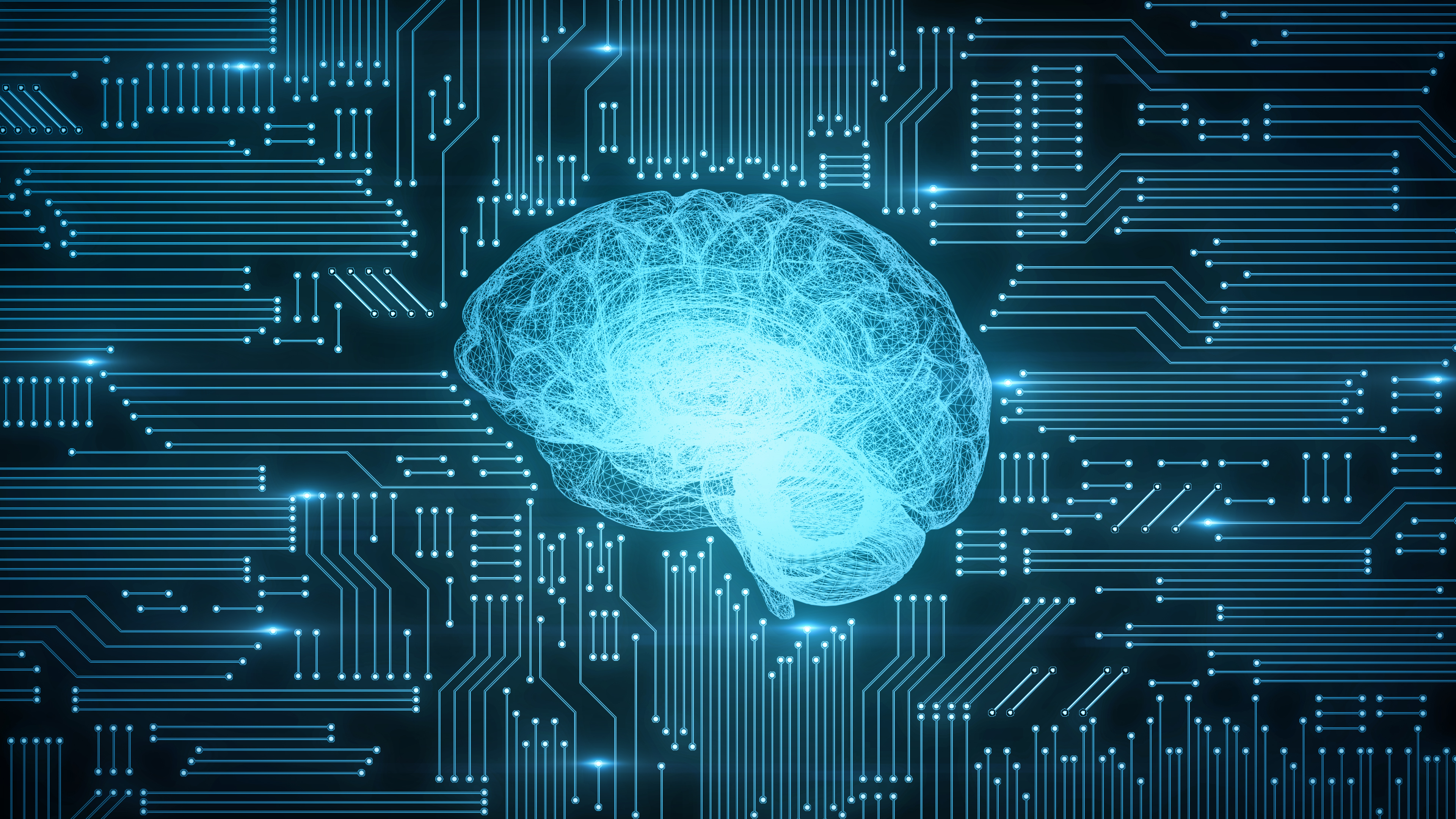
Healthcare providers have long sought to understand better the early stages of Alzheimer’s disease, and researchers at Michigan-based Beaumont Health may have moved the effort forward with the development of a blood test that might provide diagnoses in patients much earlier in the disease process.
Using AI and deep learning, a research team led by Beaumont geneticist Dr. Ray Bahado-Singh has developed a process to analyze extracted genomic DNA from whole blood samples, and in the process have discovered 152 significant genetic differences in patients with Alzheimer's, compared to healthy patients.
"The holy grail is to identify patients in the pre-clinical stage so effective early interventions, including new medications, can be studied and ultimately used," said Dr. Bahado-Singh, chairman of the Beaumont Department of Obstetrics and Gynecologist and an expert in women's health, in a statement announcing the publication of the team’s report. "That's why we are excited about the results of this research."
Globally, more than 47 million individuals have Alzheimer's disease, which is caused by an accumulation of proteins in the brain that causes plaque build-up, inflammation and, eventually, death of brain cells. As the population ages it is projected that 75 million will be affected by Alzheimer's by 2030, with a further rise to 131 million by 2050.
Most patients are not diagnosed until the disease's later stages, when the brain has already suffered irreversible damage. There is currently no cure for the disease, and treatment is limited to drugs that attempt to treat symptoms and have little effect on the disease's progression.
"Drugs used in the late stage of the disease do not seem make much difference, so there is a tremendous amount of interest in diagnosis in the early stages of the disease," said Beaumont Health's Director of Geriatric Medicine, Dr. Khaled Imam, who specializes in treating Alzheimer's and other diseases affecting the elderly. "Any delay in symptom onset is likely to be very beneficial. Also, a spinal tap or MRI can identify the start of the disease. But that is invasive and/or expensive. And you cannot do a spinal tap on everyone over age 65. So blood is thought to be a desirable way of approaching this. And it would be relatively cheap and minimally invasive as compared to an MRI or spinal tap.”
For the study, researchers compared blood samples from 24 Alzheimer's patients and 24 cognitively healthy patients, analyzing white blood cells, or leukocytes, in the blood samples and comparing biomarkers to see if they had been genetically affected in patients with Alzheimer's disease. Six different AI and deep learning platforms looked at about 800,000 changes in the genome of the leukocytes.
"It's almost as if the leukocytes have become a newspaper to tell us, 'This is what's going on in the brain,'" Dr. Bahado-Singh said, adding the next steps include organizing a much larger study to replicate the research's initial findings over the next year.


